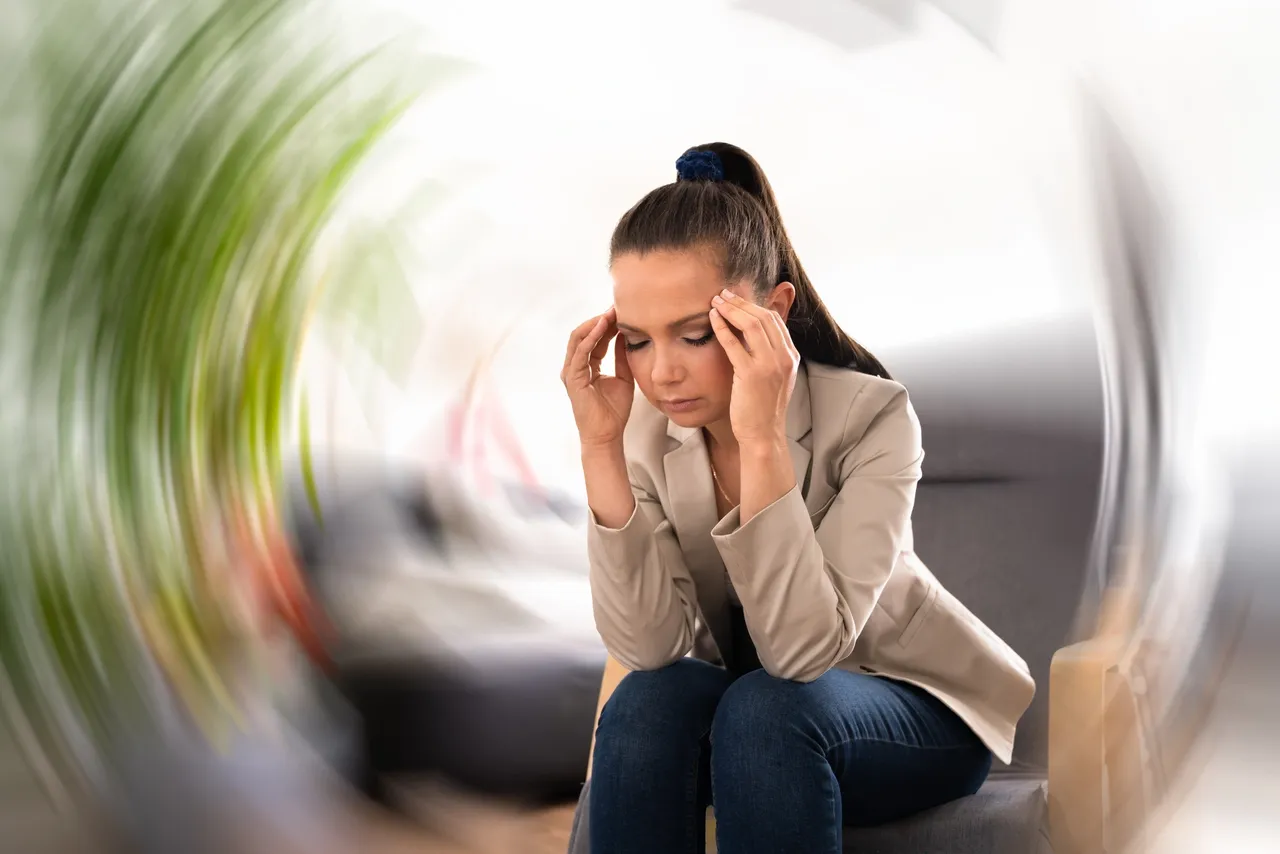Thank you for checking out the Articles from OrMobility Physical Therapy & Performance. We are Douglas County’s highest rated physical therapy clinic. Just check out our google reviews! People from Roseburg, Winchester, Winston, Green, and Sutherlin love our services. Now continue to our article to read more!
Vestibular Rehabilitation: What It Is and How It Works
Have you ever felt dizzy or off-balance, as if the world around you is spinning? If so, you might be experiencing a vestibular disorder. The vestibular system is responsible for our sense of balance and spatial orientation, and when it’s not working properly, it can lead to a variety of symptoms including dizziness, vertigo, nausea, and difficulty with coordination.
Fortunately, there is a type of therapy that can help alleviate these symptoms and improve your quality of life: vestibular rehabilitation. In this blog post, we’ll take a closer look at what vestibular rehabilitation is, how it works, and who can benefit from it.
What Is Vestibular Rehabilitation?
Vestibular rehabilitation is a type of therapy that is designed to help people with vestibular disorders improve their balance and reduce symptoms such as dizziness and vertigo. It is typically performed by a trained physical therapist who specializes in vestibular rehabilitation.
The therapy involves a series of exercises and activities that are tailored to the individual’s specific condition and symptoms. The goal is to help the brain adapt to changes in the vestibular system and improve the person’s ability to maintain balance and spatial orientation.
How Does Vestibular Rehabilitation Work?
Vestibular rehabilitation works by stimulating the vestibular system through specific exercises and activities. These exercises can help the brain compensate for any dysfunction in the vestibular system and improve the person’s sense of balance and spatial orientation.
The exercises used in vestibular rehabilitation can vary depending on the person’s specific condition and symptoms. Some common exercises include:
- Eye exercises: These exercises are designed to improve the person’s ability to track objects with their eyes, which can help improve their sense of balance.
- Balance exercises: These exercises are designed to improve the person’s ability to maintain their balance while standing, walking, or performing other activities.
- Habituation exercises: These exercises involve exposing the person to movements or positions that trigger their symptoms in a controlled manner. This can help the brain adapt to these movements and reduce the person’s symptoms over time.
- Gaze stabilization exercises: These exercises are designed to improve the person’s ability to maintain a stable visual image while moving their head or body.
Who Can Benefit from Vestibular Rehabilitation?
Vestibular rehabilitation can be beneficial for anyone who is experiencing symptoms related to a vestibular disorder. Some common conditions that can benefit from vestibular rehabilitation include:
- Benign paroxysmal positional vertigo (BPPV): BPPV is a common condition that causes brief episodes of vertigo triggered by changes in head position. Vestibular rehabilitation can help alleviate symptoms and reduce the frequency of episodes.
- Vestibular neuritis: Vestibular neuritis is an inflammation of the vestibular nerve that can cause symptoms such as vertigo, dizziness, and nausea. Vestibular rehabilitation can help improve balance and reduce symptoms.
- Meniere’s disease: Meniere’s disease is a disorder of the inner ear that can cause symptoms such as vertigo, tinnitus, and hearing loss. Vestibular rehabilitation can help improve balance and reduce symptoms.
- Concussion: Concussion can cause damage to the vestibular system and lead to symptoms such as dizziness, vertigo, and balance problems. Vestibular rehabilitation can help speed up recovery and reduce symptoms.
Conclusion
Vestibular rehabilitation is a highly effective type of therapy for people with vestibular disorders. By stimulating the vestibular system through targeted exercises and activities, vestibular rehabilitation can help improve balance and reduce symptoms such as dizziness, vertigo, and nausea. If you are experiencing symptoms related to a vestibular disorder, talk to your healthcare provider about whether vestibular rehabilitation may be right for you.


